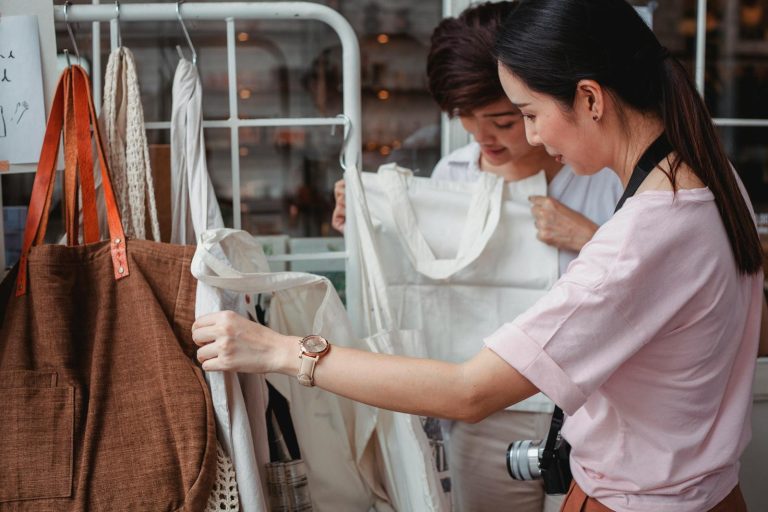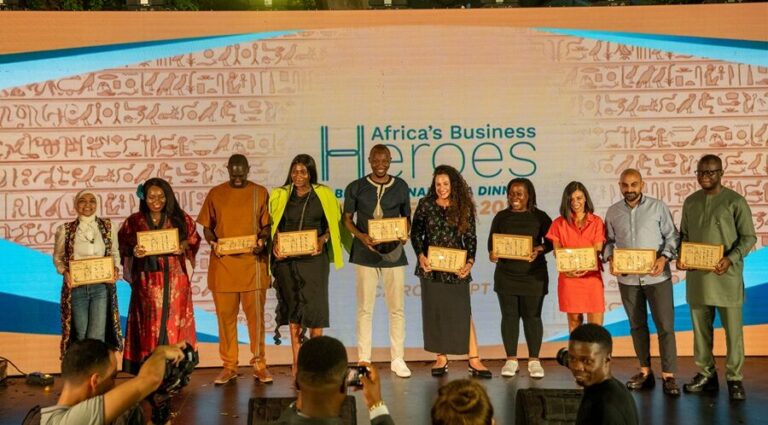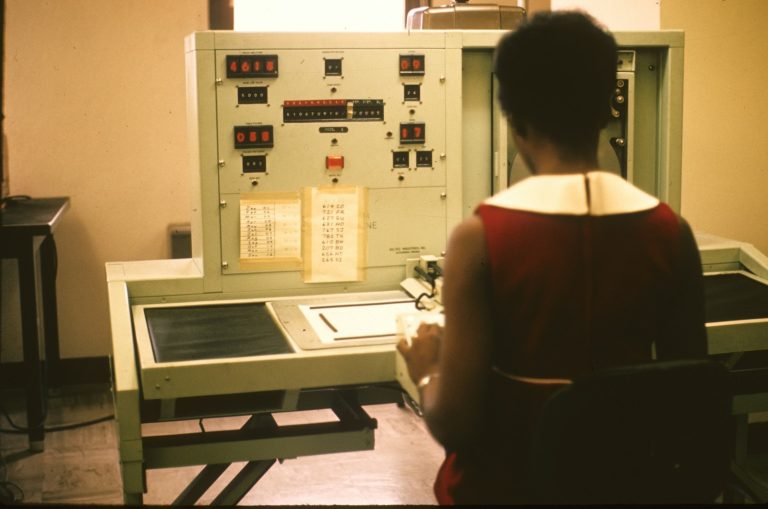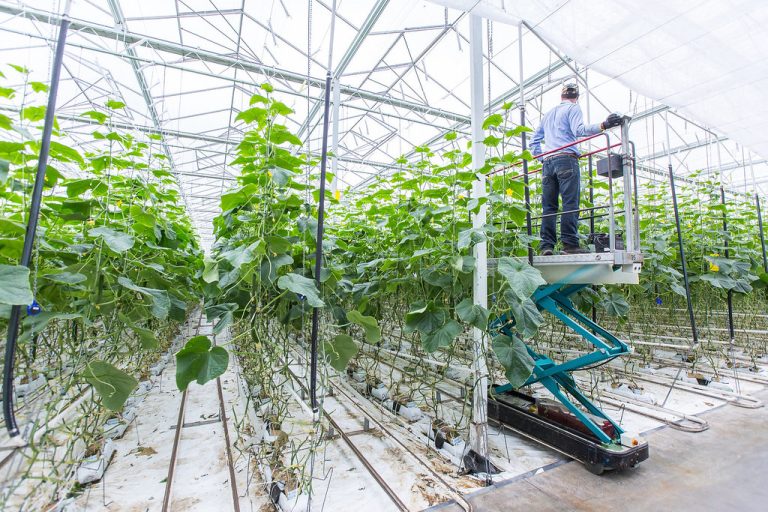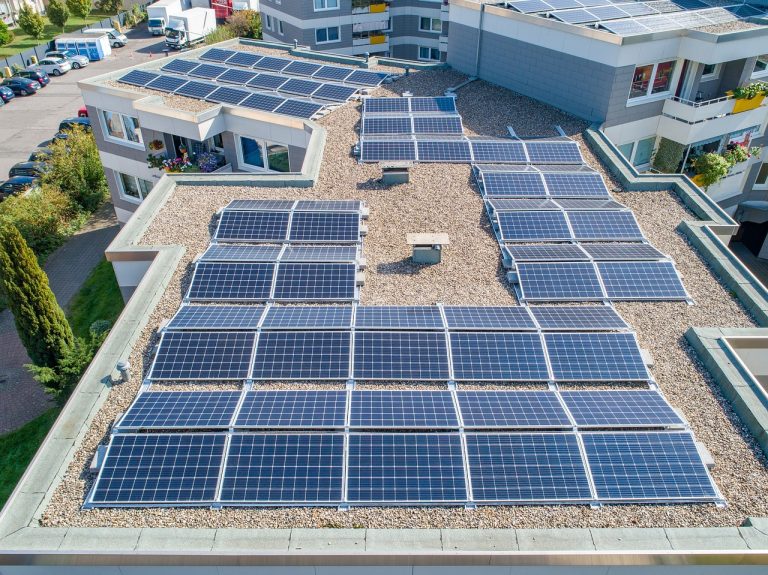African Startups Can Use These Ideas to Drive Circular Economy with Technology
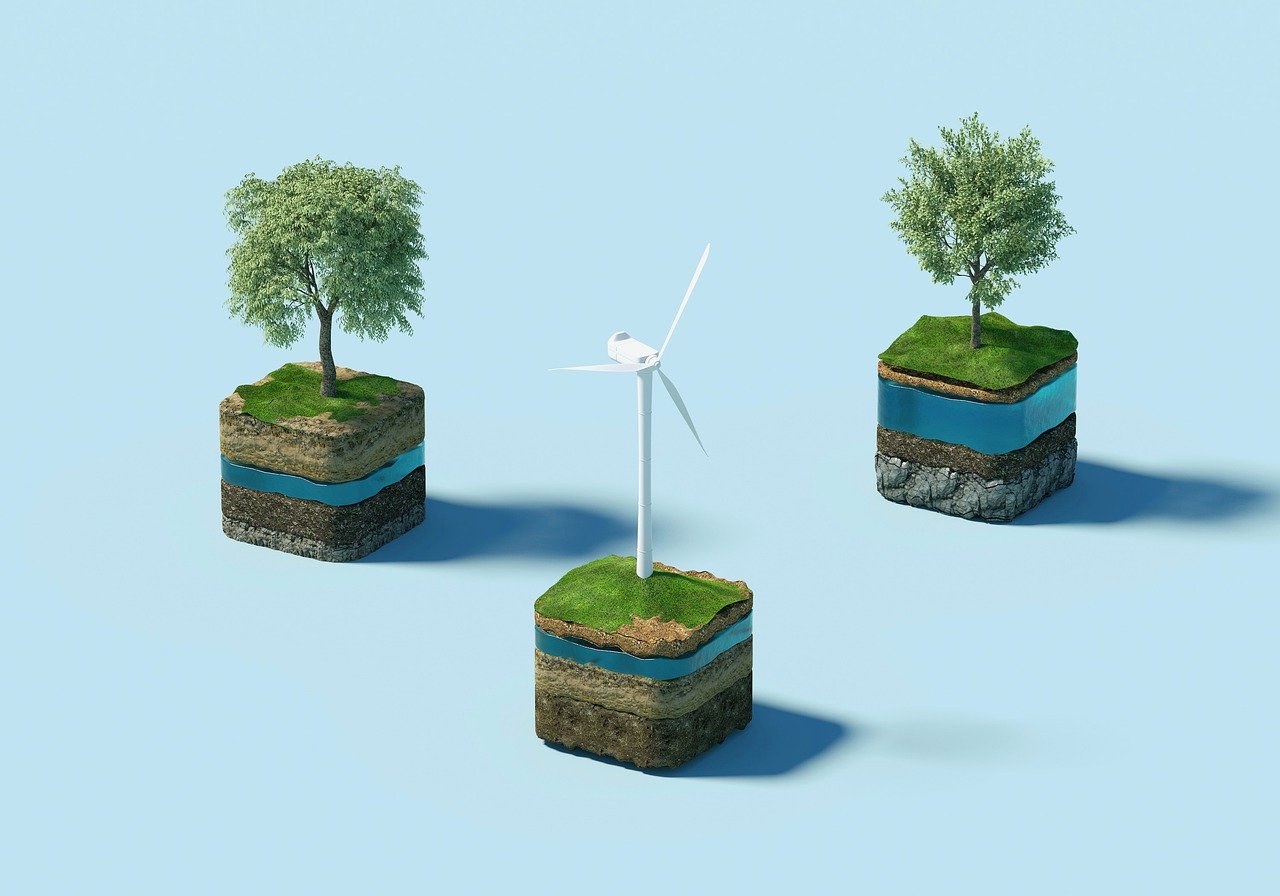
A circular economy, which is a sustainability practice where resources are reused, shared, repaired, refurbished, and recycled for as long as possible, is not new in Africa. This has always been our way of life in Africa.
Today as sustainability is promoted around the world, it becomes important for African startups and entrepreneurs to look at how technology and innovation can help drive this way of life as to provide more opportunities.
Here are some innovative ideas on circular economy for African entrepreneurs to create businesses from:
- Material Passport Platforms: Create a digital platform that provides a “passport” for materials used in products, detailing their origin, environmental impact, and potential for reuse or recycling. This transparency encourages responsible sourcing and end-of-life management.
- Shared Economy Hubs: Establish local centers where individuals and businesses can share resources like tools, equipment, and even workspace. This reduces the need for individual ownership and promotes a culture of sharing and sustainability.
- Product-as-a-Service (PaaS): Shift from selling products to leasing them as services. For example, instead of selling light bulbs, companies could sell lighting as a service, taking responsibility for maintenance and upgrades, encouraging longer-lasting, higher-quality products.
- Upcycling Incubators: Support startups and entrepreneurs focused on upcycling waste materials into high-value products. Provide resources, mentorship, and platforms to showcase and sell these upcycled goods.
- Regenerative Agriculture Platforms: Promote platforms that connect consumers directly with regenerative agriculture practices, ensuring food is produced in a way that heals the earth, such as through carbon farming, permaculture, and holistic management.
- Zero-Waste Retail Models: Develop retail outlets that operate on a zero-waste principle, where products are sold in bulk, without packaging, or with reusable packaging. This can extend to online platforms that facilitate the sale of bulk goods and zero-waste products.
- Circular Design Studios: Offer design services focused on creating products that are easily disassembled for repair or recycling, use sustainable materials, and are designed for longevity. This could also involve workshops and educational programs on circular design principles.
- Community Repair Workshops: Organize local events where people can bring broken items to be repaired by volunteers, promoting a culture of repair and maintenance instead of disposal.
- Digital Resale Platforms: Enhance online marketplaces for the resale of goods, particularly focusing on items that are durable and high-quality, to extend their lifecycle and reduce waste.
- Sustainable Logistics Solutions: Develop innovative logistics and supply chain solutions that minimize environmental impact, such as using electric vehicles for delivery, optimizing routes for efficiency, and promoting local sourcing.
- Eco-Labeling and Certification: Implement a robust eco-labeling system that clearly communicates the environmental credentials and circular potential of products, encouraging informed consumer choices.
- Waste-to-Energy Initiatives: Invest in technologies that convert waste products into energy, reducing landfill use and generating renewable energy.
- Urban Farming Networks: Support urban agriculture initiatives that utilize rooftops, balconies, and vacant lots to produce food, reducing the carbon footprint associated with food transport and promoting local resilience.
- Circular Economy Education: Integrate circular economy concepts into educational curricula at all levels, from schools to universities, to raise awareness and train future leaders in sustainable practices.
By implementing and supporting initiatives like these, we can make significant strides toward a more sustainable and circular economy to promote wealth and well-being.


